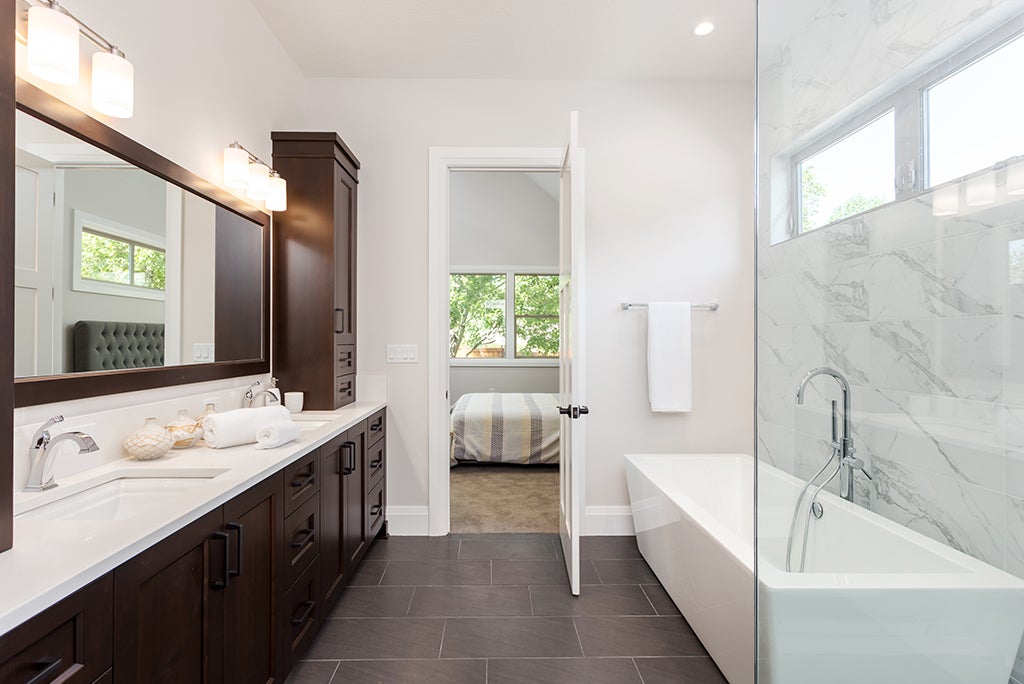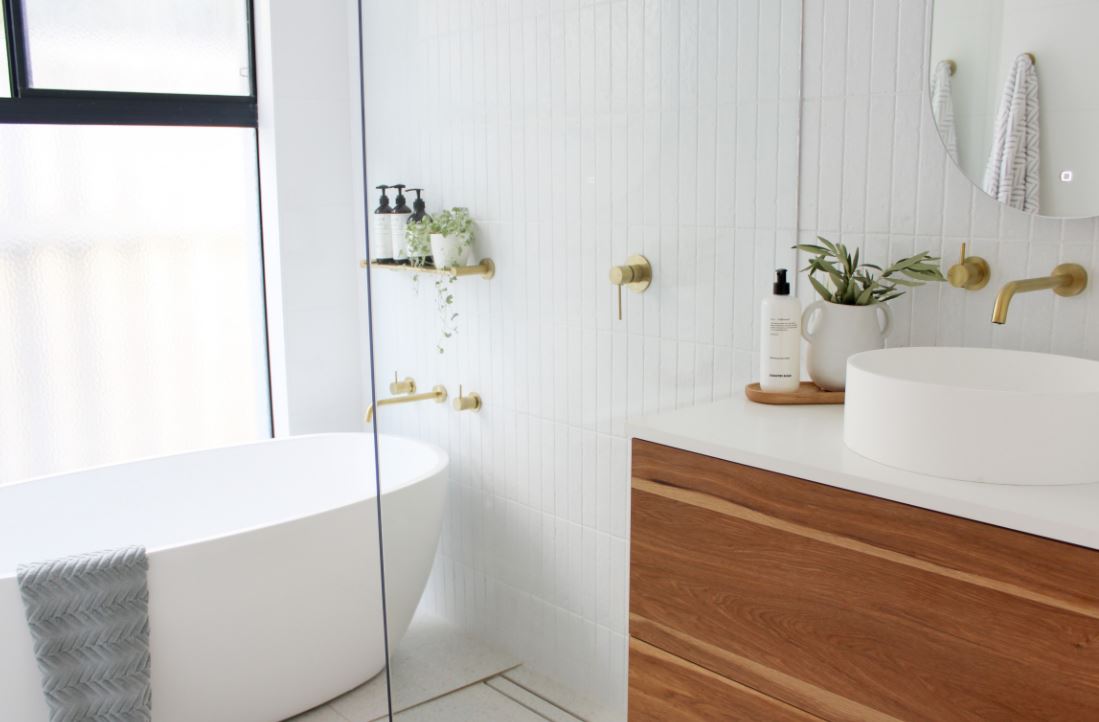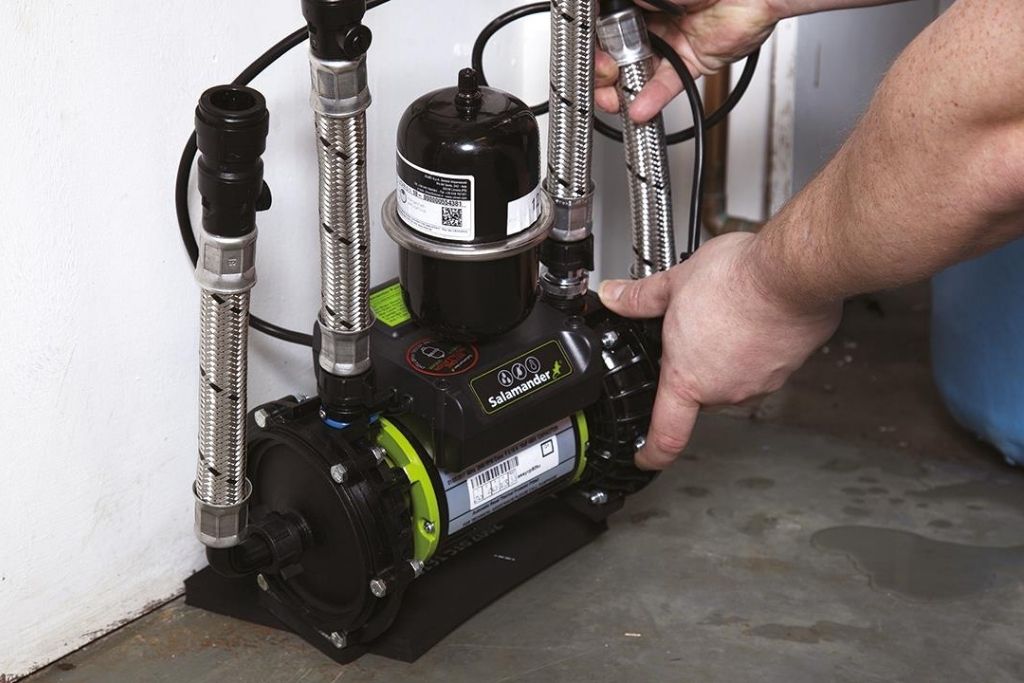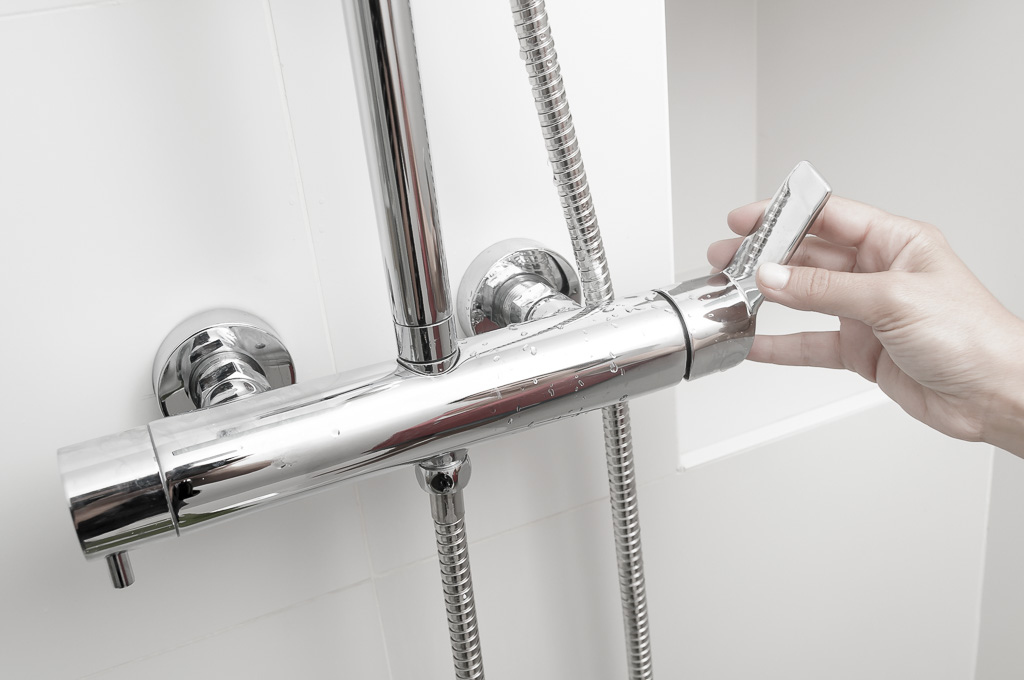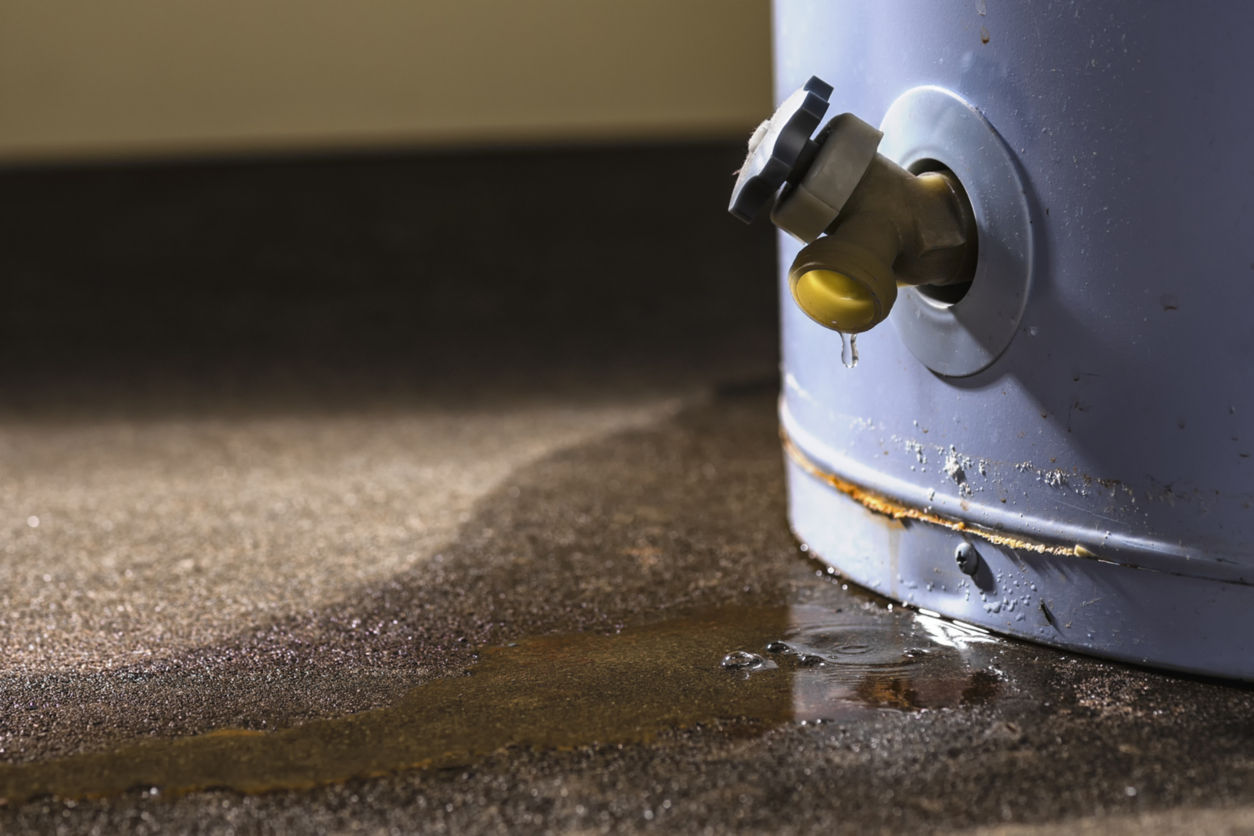Although it sounds like a simple choice when choosing amongst a variety, it is essential to have a functional and reliable shower system. Shower hoses are used to connect the main body of the shower fitting to the showerhead. To ensure a smooth flow between the valve and the head, buyers should choose the hose with complete care based on certain factors.
This guide will help readers find a suitable shower base taking features, length, and material into consideration.
Picking the right length for the shower hose
A good shower can help drive people’s stress away, meaning there shouldn’t even be any minor inconveniences while taking a shower. One such potential problem can be the length of the shower hose. An incorrect length can be annoying to use. Therefore, buyers should ensure they pick the correct length for the shower hose.
Choosing a proper shower hose length depends on the height of bathroom users. For instance, taller people who prefer to shower while standing will require a longer hose for maximum comfort.
On the contrary, we recommend those with smaller bathrooms pick a shorter hose not to take up a lot of space.
A straightforward exercise to pick the right size is by comparing the length of the shower hose against the user. Make sure that the length matches the person’s preferences.
The standard shower hose lengths are:
- 125 cm shower hoses: These hoses are short and utilised for shower heads that fit in the bathtub. The reason is that the hose doesn’t get in the way while people are lying in a bathtub.
- 160 cm shower hoses: Being the typical length for a shower hose, these shower hoses allow users to move freely during a shower without compromising on the amount of water falling on them.
- 200 cm shower hoses: These shower hoses are the best choice for taller people.
Choosing the right material for the shower hose
After deciding the length, the next option is the shower hose material. It’s tricky to pick one because different materials have their advantages and disadvantages. Therefore, buyers should choose as per their liking and what works best in their washrooms.
The two most popular materials used to build shower hoses are:
1. Plastic/PVC shower hoses
PVC and plastic materials are budget-friendly and a decent option for shower hoses. They are hygienic and easy to maintain. Even better, PVC hoses are lighter and don’t lead to scratches on the bathroom walls.
However, they are sensitive to bending and pinching, causing water flow issues. All in all, plastic hoses aren’t the best-looking. They aren’t recommended for those who are sensitive about their bathroom design.
2. Metal shower hoses
Metal shower hoses are mainly made of brass and stainless steel. These hoses last for a long time but do require regular cleaning. This is because metal hoses feature a coil effect that is less likely to bend or pinch.
Additionally, these hoses hang freely, and some designs provide flexibility, allowing users to roam freely while taking a shower. Not to forget, metal hoses are slightly more expensive, but they’ll have a longer lifespan depending on the type of metal.
There are two types of metal shower hoses every buyer should be aware of:
1. Basic metal hoses
Basic metal shower hoses have a single layer of metal, making them easier to clean. But they are more vulnerable to bend or get twisted. Also, they offer a shorter service life and are more sensitive to rust.
2. Double interlock metal hoses
Double interlock metal hoses are higher-quality hoses. Because of their design, these metal hoses hardly ever bend or twist and offer longevity in the bathroom.
Moreover, these hoses are highly resistant to rust. They are more comfortable for people who like to move around in the bathroom while bathing.
Bonus Read: 12 Different Types Of Showers For Bathroom (Complete Guide)
Find the Right Connection While Picking a Shower Hose
After deciding on the material, buyers are ready to purchase a shower hose. But to fit the hose onto the tap and shower head with no issues, it’s compulsory to check the connection sizes before buying.
Most shower hose connectors have a ½ inch thread, and it’s the standard choice in most bathrooms. Secondly, the ¾ inch threads are rarely bought by users.
The straightforward way to check the size needed is to measure the end of the tap and the showerhead where the hose is connected. Even after that, if buyers are still unsure, they should unscrew their old hose and take it to the shop.
People should also look at the quality of the connector and the thread of the hose. For example, connectors made of stainless steel are durable and won’t cause any issues in the future.
How to connect the new shower hose?
Now that readers know all the essential requirements, they can pick out the best shower hoses for themselves. The next step is to connect the new shower hose to their bathroom. Keep in mind; buyers have the option to call a plumber or complete the job themselves.
For those who don’t know how to connect a shower hose, we’ve got you covered! Readers can follow these instructions and learn to connect the hose with no hassle.
1. Preparation
Make sure the bathroom is completely dry for carrying out the task without any harmful incidents related to slipping. It’s a good idea to put a rag on the bottom of the tap to catch any water dripping from the hose. Additionally, users also need a pair of pliers to tighten the shower hose.
2. Connecting the new hose
Place the back of the tap or washer into the end of the connect and screw it until it is hand tight. Be careful not to overdo it and ensure to screw tightly, as it could damage the connector.
Next, place the other side of the hose and screw it onto the shower head carefully. Test the shower, and if there are any leaks, users can tighten the fitting by using the pliers.
Suppose no leakages take place while using the shower. In that case, this means that you’ve connected a brand-new shower hose to the bathroom successfully!
Verdict
Buyers should be alert while picking shower hoses. It’s recommended to select higher quality shower hoses described as ‘kink proof’ as they’ll prevent annoying water blockages. Most importantly, the shower hose material should be harmless and sustainable for users to achieve the best showering experience.


